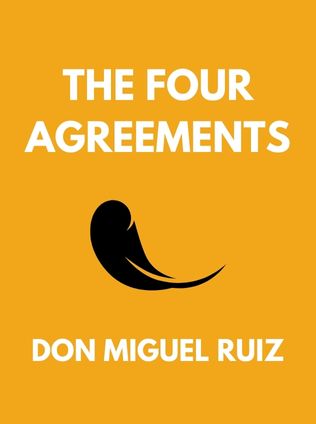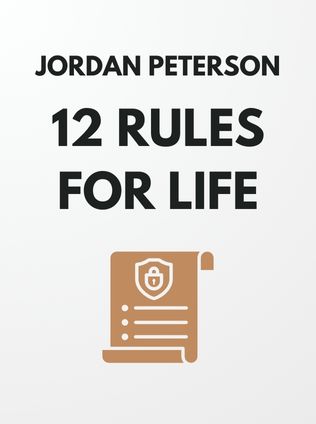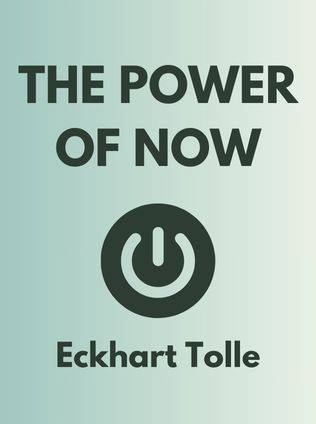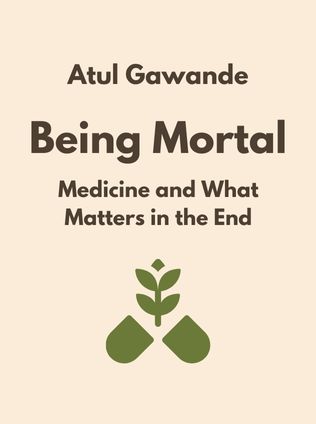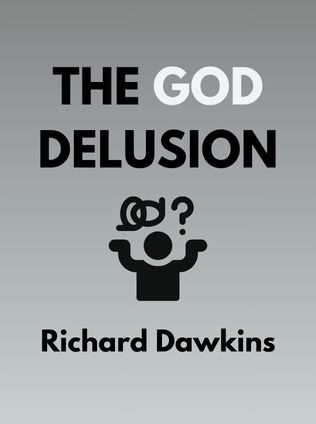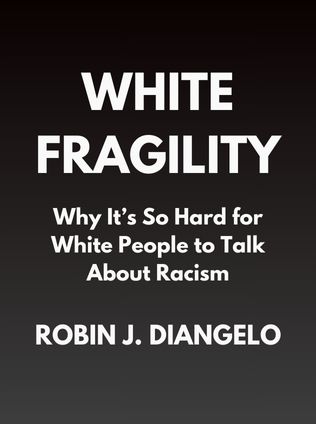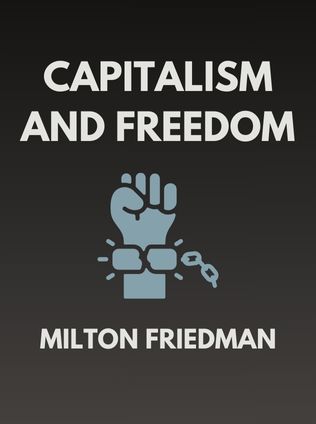
About the Author
Milton Friedman, a Nobel Prize-winning economist, is one of the most influential economists of the 20th century. Born in 1912, Friedman’s ideas have shaped economic policy and thought for decades. He was a staunch advocate of free-market capitalism, arguing that economic freedom is a necessary condition for political freedom. Friedman’s work, particularly his seminal book "Capitalism and Freedom," has left a lasting impact on both the academic community and public policy worldwide.
Main Idea
In "Capitalism and Freedom," Milton Friedman articulates a powerful defense of free-market capitalism, arguing that it is essential for the preservation of political freedom. The book explores the relationship between economic and political freedom, contending that the concentration of economic power in the hands of the state inevitably leads to the erosion of individual liberties. Friedman argues that for capitalism to function optimally, government intervention should be minimized, and individual choice should be maximized.
Table of Contents
- The Necessity of Economic Freedom
- The Proper Role of Government
- Curbing Monopolies
- Monetary Policy and Regulation of the Money Supply
- Foreign Exchange
- Against Keynesian Fiscal Policy
- Restriction of Choice
- Government and Education
- Equal Employment Opportunity Laws
- Licensing Restrictions
- Inequality and Redistribution
- Social Security and Anti-Poverty Programs
- In Defense of Capitalism
The Necessity of Economic Freedom
Economic freedom, as Friedman explains, is not just a component of a free society; it is the foundation upon which political freedom rests. Without economic freedom, political freedom is unsustainable. In his view, the ability of individuals to make voluntary exchanges in the marketplace is a fundamental aspect of their liberty. When economic transactions are free from coercion, they foster a decentralized power structure that protects individual freedoms. Friedman famously states:
"A society that puts equality before freedom will get neither. A society that puts freedom before equality will get a high degree of both." - Milton Friedman
This quotation encapsulates Friedman’s belief that attempts to enforce economic equality through state intervention undermine both economic and political freedom.
The Relationship Between Economic and Political Freedom
Friedman argues that economic freedom is a prerequisite for political freedom. In a society where the state controls economic activity, it also controls the means through which individuals can exercise their political rights. For example, in socialist or communist regimes where the government owns and controls the means of production, dissent is often stifled because economic dependence on the state leads to political conformity.
Friedman’s analysis of historical examples shows that no society has ever maintained political freedom without a free-market economy. The decentralized nature of capitalism, where power is distributed among millions of buyers and sellers, contrasts sharply with the centralized power inherent in state-controlled economies. This decentralization is what makes free-market capitalism a guardian of liberty.
The Power of Choice
One of the core elements of economic freedom is the power of choice. In a free-market system, individuals have the liberty to choose where to work, what to buy, and how to spend their money. This freedom of choice is critical because it allows individuals to pursue their own happiness and fulfillment without interference from the government or any other external force.
Friedman uses the example of consumer choice to illustrate this point:
Sign up for FREE and get access to 1,400+ books summaries.
You May Also Like
Rich Dad Poor Dad
What the Rich Teach Their Kids About Money - That the Poor and Middle Class Do Not!
By Robert T. KiyosakiFreakonomics
A Rogue Economist Explores the Hidden Side of Everything
By Steven D. Levitt and Stephen J. DubnerI Am Malala
The Story of the Girl Who Stood Up for Education and Was Shot by the Taliban
By Malala YousafzaiFactfulness
Ten Reasons We're Wrong About the World – and Why Things Are Better Than You Think
By Hans Rosling











